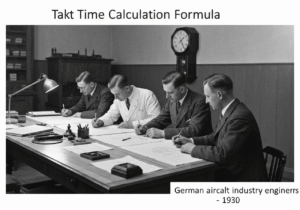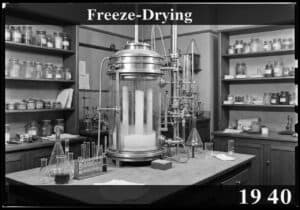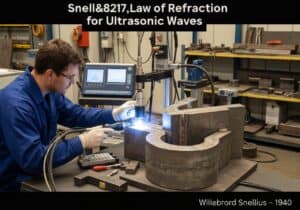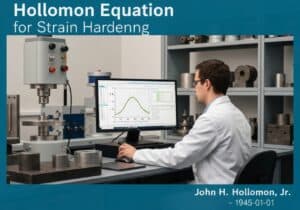In compressible flows, particularly at high speeds, dynamic pressure is related to Nombre de Mach ([latex]M[/latex]) and static pressure ([latex]p[/latex]). For an ideal gas, the relationship is given by [latex]q = \frac{1}{2} \gamma p M^2[/latex], where [latex]\gamma[/latex] is the ratio of specific heats. This formulation is crucial for supersonic and hypersonic aerodynamics, where fluid density changes significantly.
Dynamic Pressure in Compressible Flow
- Ernst Mach
- Ludwig Prandtl
- Theodore von Kármán
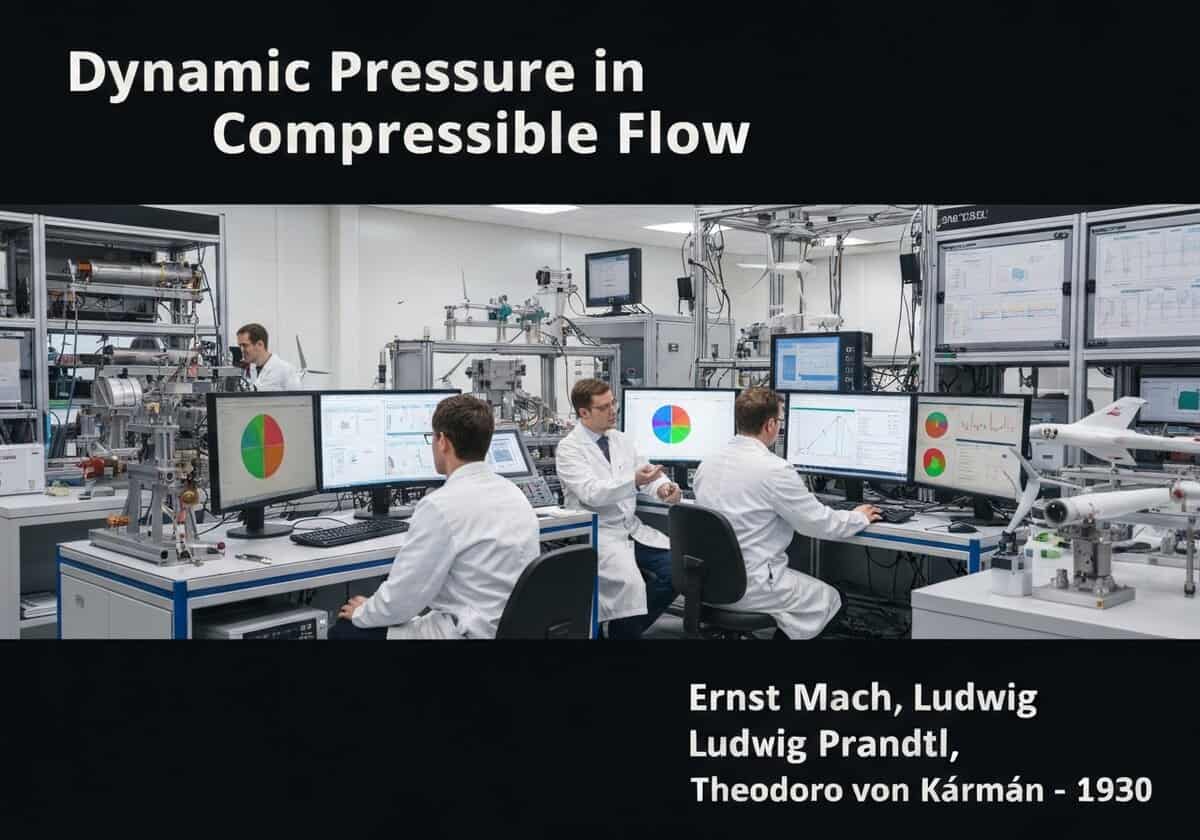
When a fluid’s speed approaches a significant fraction of the speed of sound, the assumption of constant density (incompressibility) breaks down. Changes in pressure cause significant changes in density, and thermodynamique effects become important. This is the realm of compressible flow. The simple formula [latex]q = \frac{1}{2} \rho u^2[/latex] is still used as a formal definition, but its relationship to pressure changes is more complex. The formula [latex]q = \frac{1}{2} \gamma p M^2[/latex] provides a direct link between dynamic pressure and the key parameters of compressible flow: static pressure ([latex]p[/latex]), the ratio of specific heats ([latex]\gamma[/latex], which is a property of the gas, approximately 1.4 for air), and the Mach number ([latex]M = u/a[/latex], where [latex]a[/latex] is the local speed of sound).
This equation is derived from the definition of Mach number and the ideal gas equation of state. It is fundamental in high-speed aerodynamics. For instance, the pressure measured at a stagnation point ([latex]p_0[/latex]) in supersonic flow is not given by the simple Bernoulli equation. Instead, it is related to the static pressure by the isentropic flow relations or, if a shock wave is present, by the Rankine-Hugoniot relations. In these calculations, the term [latex]\frac{1}{2} \gamma p M^2[/latex] frequently appears, representing the kinetic energy component of the flow in a thermodynamically consistent way. This is crucial for accurately predicting the extreme pressures and temperatures experienced by supersonic aircraft, re-entry capsules, and meteorites entering the atmosphere. The concept is also sometimes referred to as “impact pressure” in this context, emphasizing the pressure rise due to the fluid’s momentum being brought to rest.
Type
Perturbation
Utilisation
Précurseurs
- Ideal gas law
- Principes de la thermodynamique
- Bernoulli’s principle for incompressible flow
- Concept of the speed of sound and Mach number
- Euler equations for fluid dynamics
Applications
- design of supersonic and hypersonic aircraft
- re-entry vehicle thermal protection system design
- rocket nozzle design and performance analysis
- scramjet and ramjet engine development
- high-speed wind tunnel testing
- modeling of stellar winds and astrophysical jets
Brevets :
Innovations potentielles Idées
!niveaux !!! Adhésion obligatoire
Vous devez être membre de l'association pour accéder à ce contenu.
DISPONIBLE POUR DE NOUVEAUX DÉFIS
Ingénieur mécanique, chef de projet, ingénierie des procédés ou R&D
Disponible pour un nouveau défi dans un court délai.
Contactez-moi sur LinkedIn
Intégration électronique métal-plastique, Conception à coût réduit, BPF, Ergonomie, Appareils et consommables de volume moyen à élevé, Production allégée, Secteurs réglementés, CE et FDA, CAO, Solidworks, Lean Sigma Black Belt, ISO 13485 médical
Nous recherchons un nouveau sponsor
Votre entreprise ou institution est dans le domaine de la technique, de la science ou de la recherche ?
> envoyez-nous un message <
Recevez tous les nouveaux articles
Gratuit, pas de spam, email non distribué ni revendu
ou vous pouvez obtenir votre adhésion complète - gratuitement - pour accéder à tout le contenu restreint >ici<
Contexte historique
Dynamic Pressure in Compressible Flow
(si la date est inconnue ou n'est pas pertinente, par exemple "mécanique des fluides", une estimation arrondie de son émergence notable est fournie)
Invention, innovation et principes techniques connexes


